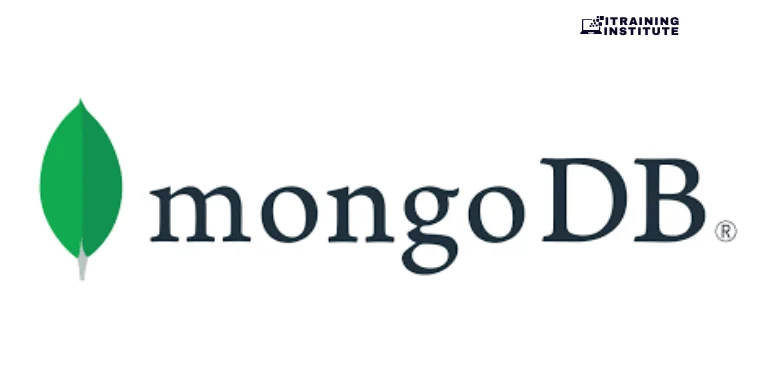
At iTraining Institute, our MongoDB course is meticulously designed to equip students with comprehensive knowledge and practical skills in utilizing MongoDB, a leading NoSQL database management system renowned for its flexibility, scalability, and performance. This course is ideal for individuals looking to delve into modern database technologies and harness MongoDB's capabilities for handling unstructured and semi-structured data effectively.
The curriculum begins with an introduction to NoSQL and MongoDB, covering fundamental concepts such as document-oriented databases, JSON-like data structures, and MongoDB's architecture. Students learn how MongoDB differs from traditional relational databases and its advantages in handling large volumes of data in dynamic and agile environments.
Practical sessions guide students through the installation, configuration, and setup of MongoDB, utilizing tools like MongoDB Compass and the MongoDB shell for database administration and management tasks. They gain proficiency in MongoDB's query language and API, mastering essential commands for CRUD operations, indexing, aggregation, and data modeling.
Advanced MongoDB topics are extensively covered, including schema design best practices, sharding for horizontal scaling, replication strategies for high availability, and implementing security measures such as authentication, authorization, and encryption at rest and in transit.
The course also explores MongoDB's integration with programming languages and frameworks like Node.js, Python, and Java, enabling students to build robust and scalable applications using MongoDB as the backend database.
Additionally, students learn about MongoDB Atlas, MongoDB's fully managed cloud database service, and its deployment options for cloud-native applications, ensuring they are well-versed in leveraging MongoDB in cloud environments.
By the end of the course, students emerge equipped with practical skills in MongoDB database management and development. They are prepared to leverage MongoDB effectively in various projects, from scalable web applications to big data analytics platforms, positioning themselves as proficient MongoDB developers or database administrators capable of meeting modern data management challenges.
